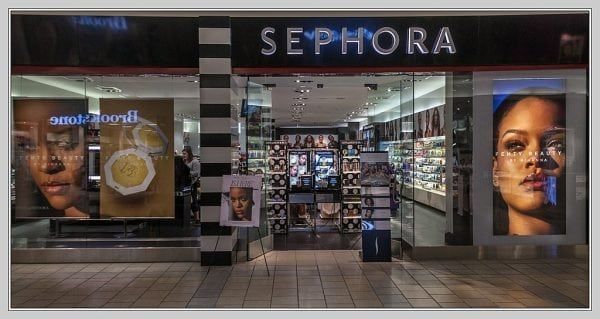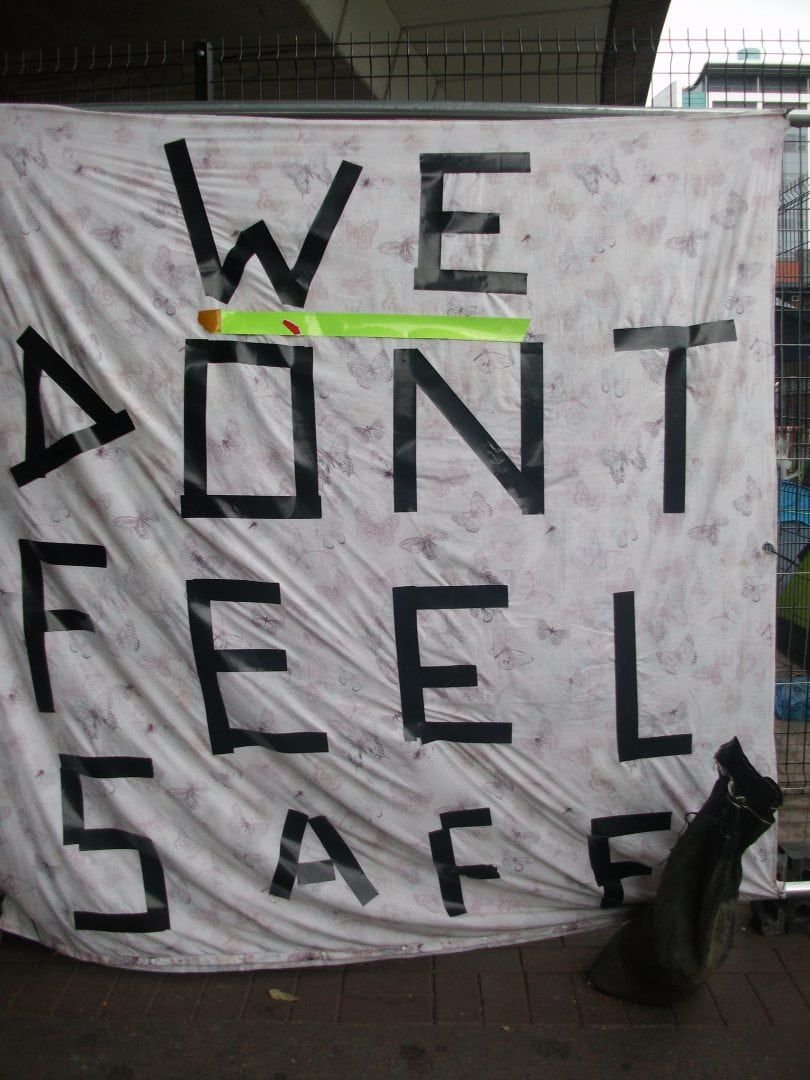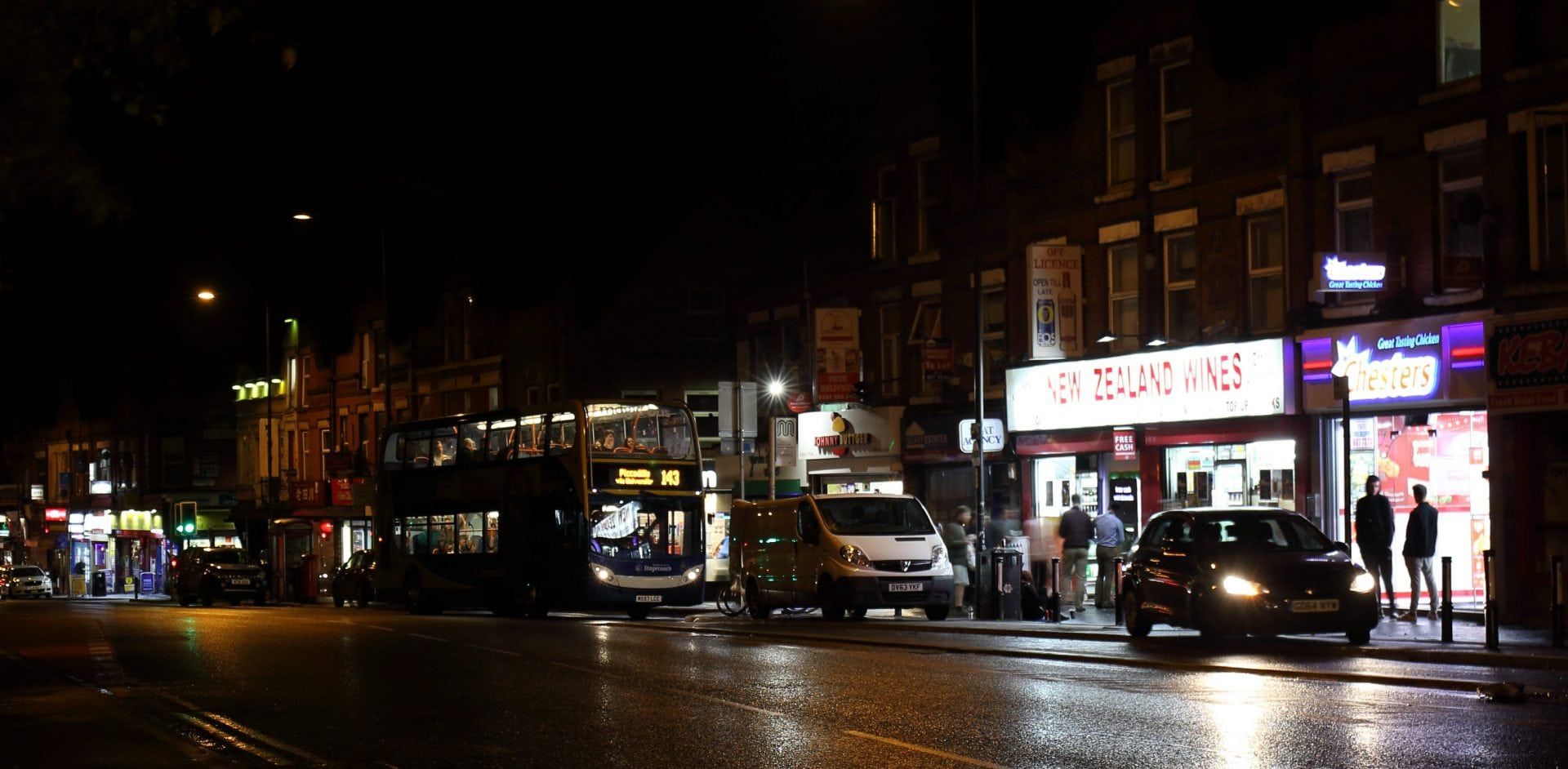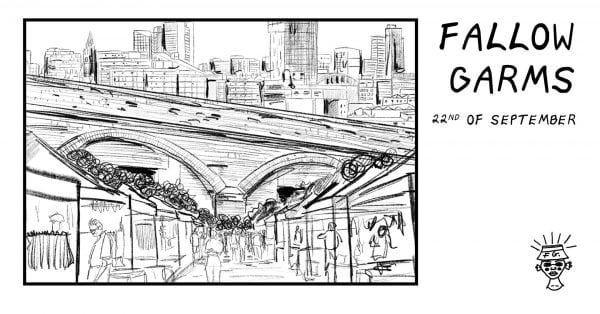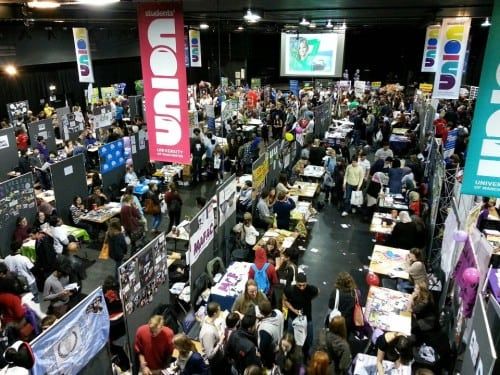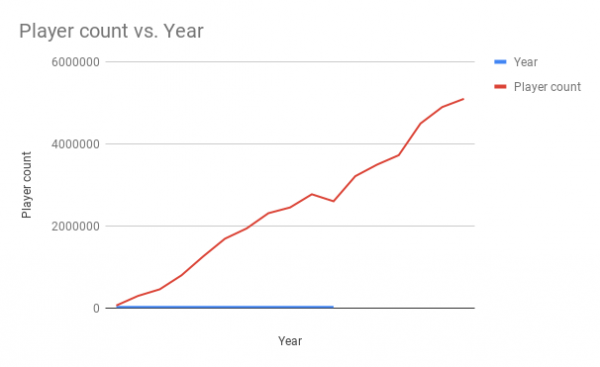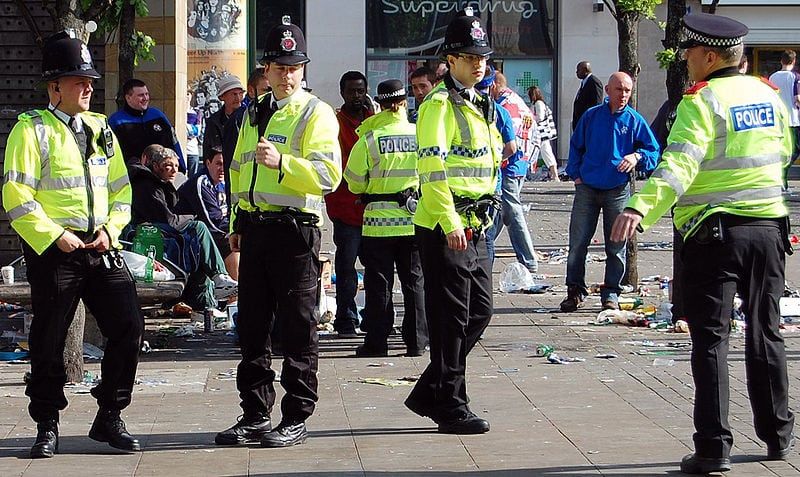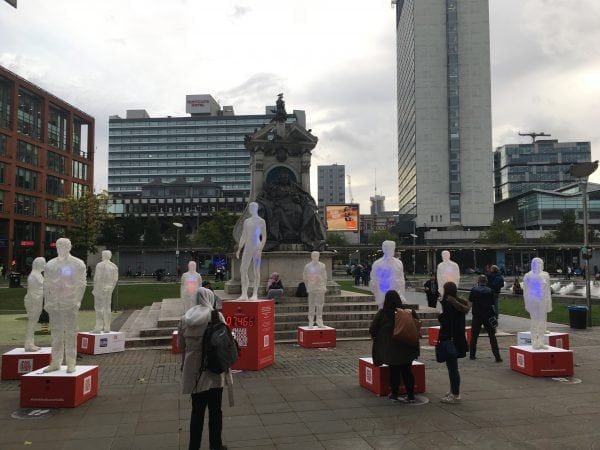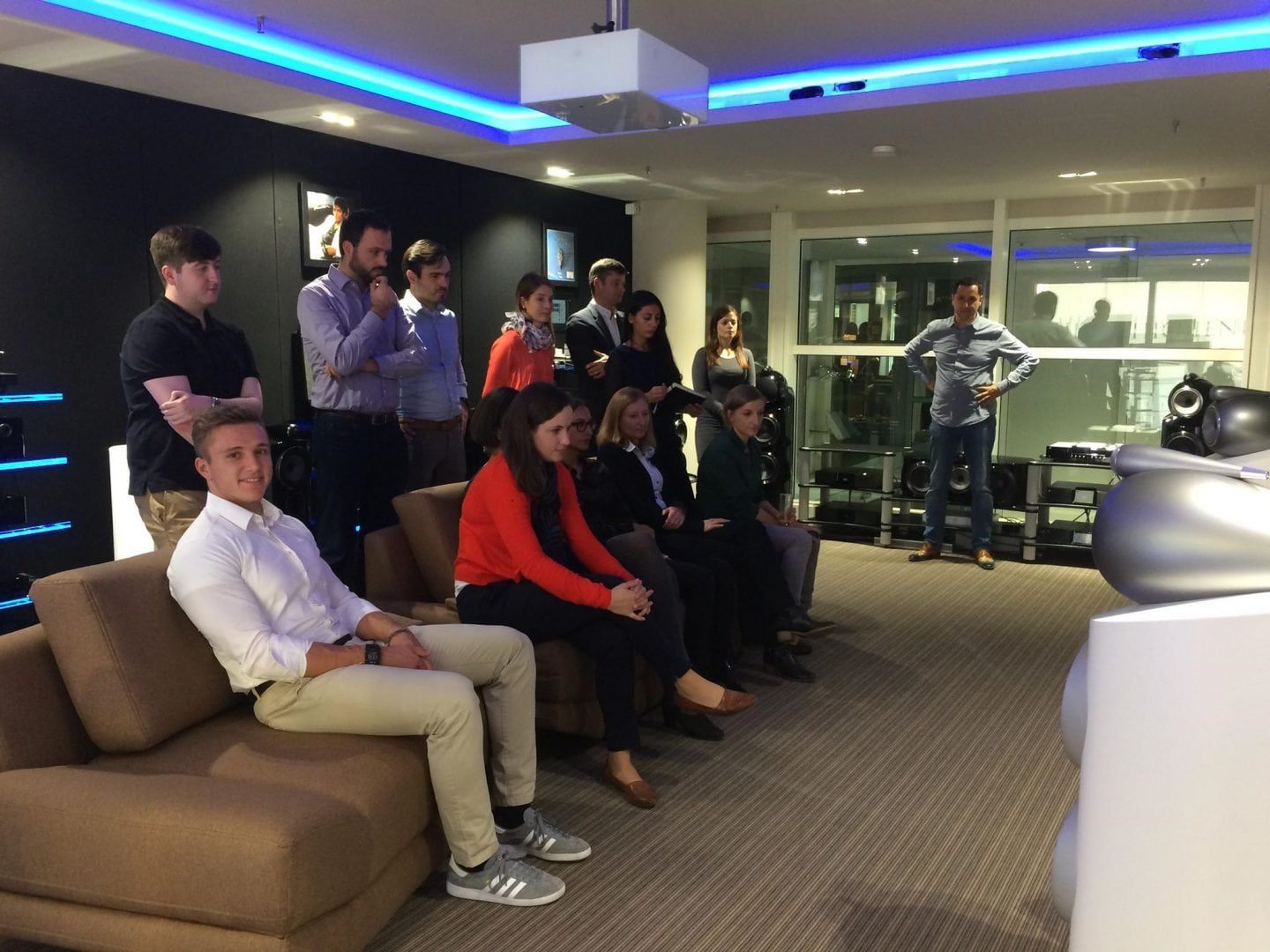Record Reappraisal: The Balcony by Catfish and the Bottlemen
Catfish and the Bottlemen’s platinum debut album The Balcony was released 4 years ago this September. Formed in Llandudno back in 2007, Catfish soon became one of the most well-known bands on the alternative scene. Not bad for a band that used to promote themselves by sticking their early tunes on people’s windscreens in carparks. In fact, The Balcony’s crude artwork and frontman Van’s rough-around-the-edges demeanour soon became a signature token for this thriving quartet.
On a more personal note, this particular album shaped a large part of my life and subsequent genres and artists that I listened to. I will always sing its praise. The sound of the album is comprised of anthemic drum beats, Van’s distinctively weathered vocals, and catchy, often heart-wrenching guitar licks. Yes, I am referencing ‘Tyrants’, and yes, Van did write it at 14 years old. But all jokes and reasons to take the mick aside. This album coincided with Arctic Monkey’s AM and therefore played a large part in defining the modern indie scene. It was slightly heavier than other indie counterparts on the scene and bore a brazenly courageous attitude.
In fact, The Balcony has been the backdrop for the majority of alternative angsty teen years, drunken house parties and, for those in Manchester, many an epic sing-along in 42s.
Having Catfish be my favourite modern band for a 2-year period around the Poetry and Fuel EP and The Balcony era, I still stick by the fact that this 11-track indie powerhouse of an album possesses a relentless vitality live. And, for this reason, The Balcony will always be one of those timeless albums.
The Balcony always spoke as a raw, genuine and northern soul record. Admittedly, in hindsight some of the lyrics aren’t quite as good as my 14-year-old self once thought, but they are endearing. The simplicity of the lyricism coupled with a wall of electric-infused guitar drops and stirring harmonies largely framed 2014 and 2015 for me. Back then bands were really reclaiming the mainstream spotlight when Catfish’s’ contemporary lead guitarist and co-songwriter Billy Bibby jumped ship, departing the band just as The Balcony was set to hit the UK Top 10.
Following the album’s success, Catfish set off on a breakneck series of tours, their manic promotion another point of admiration. Unfortunately, just before they ducked under the radar towards the end of 2016, Catfish hit a dud with their underwhelming new single, Soundcheck, which predictably amounted to an incredibly disappointing, average and generally gutting second album The Ride. Without dwelling too much, all I can say is that Van continuously emphasised how this cracking new album was written “over a long weekend”. Frankly, you can tell.
Later failures aside, The Balcony was a greatly successful debut album supported by all the most important and relevant publications and radio shows of the time such as NME and BBC Radio 6. It even secured their winning for the 2016 Brit Award for Best Breakthrough Act. It’s just a shame that Catfish appear to have lost their identity since.



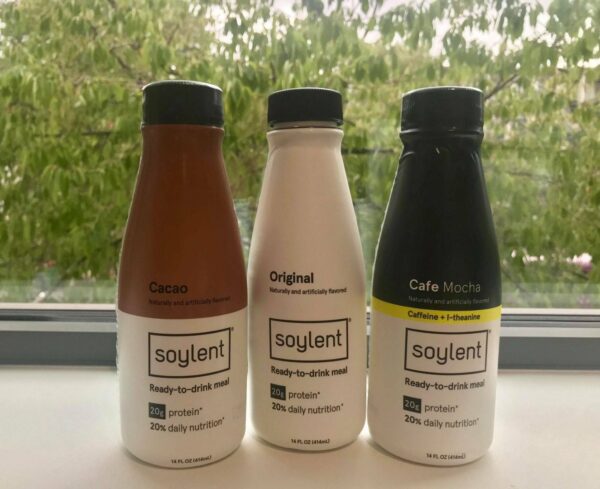
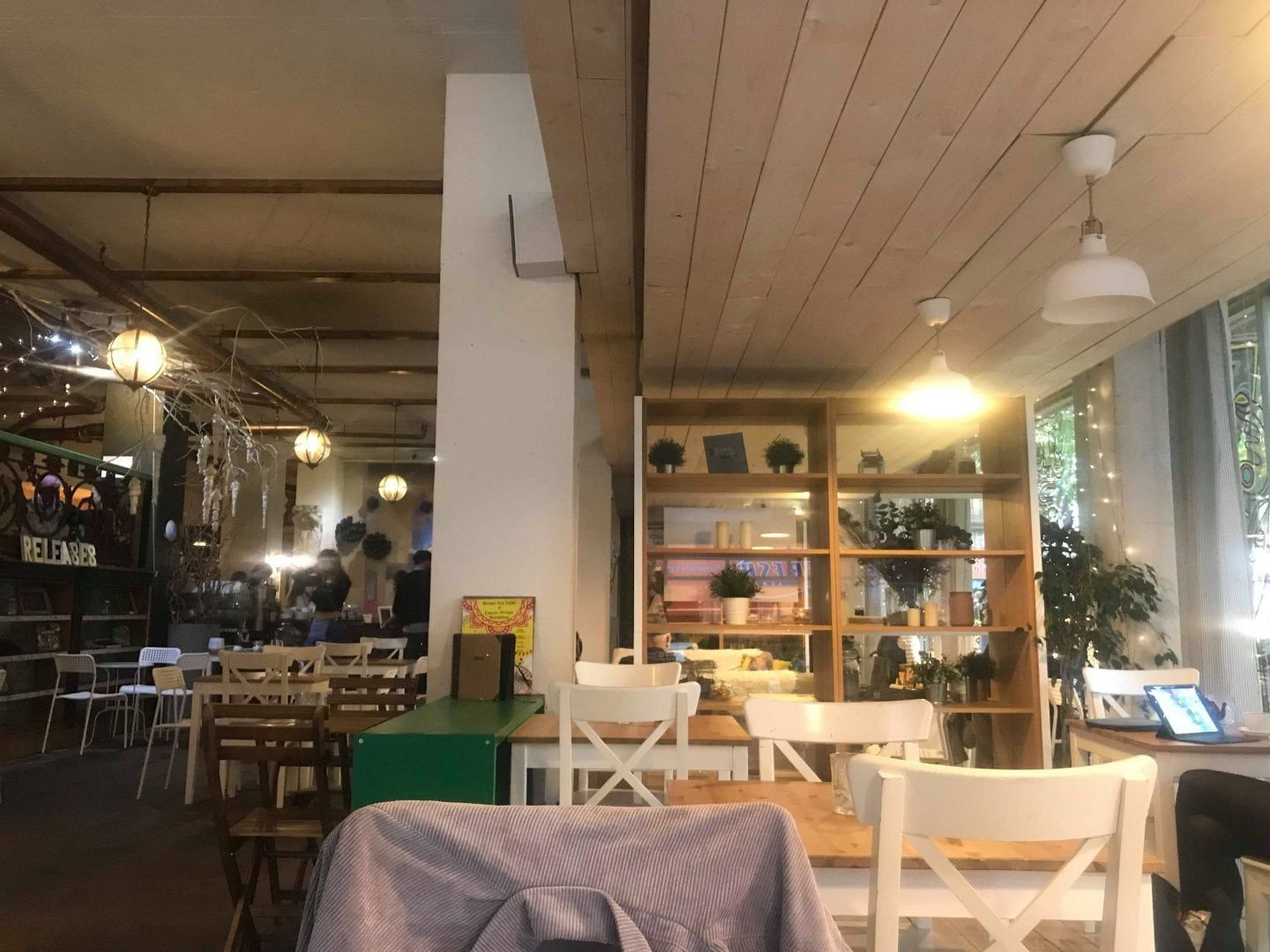
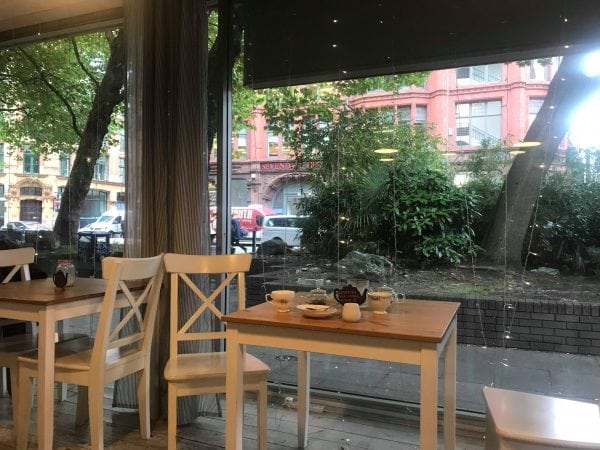 Plants, fairy lights and huge windows – can it get any better?
Plants, fairy lights and huge windows – can it get any better?